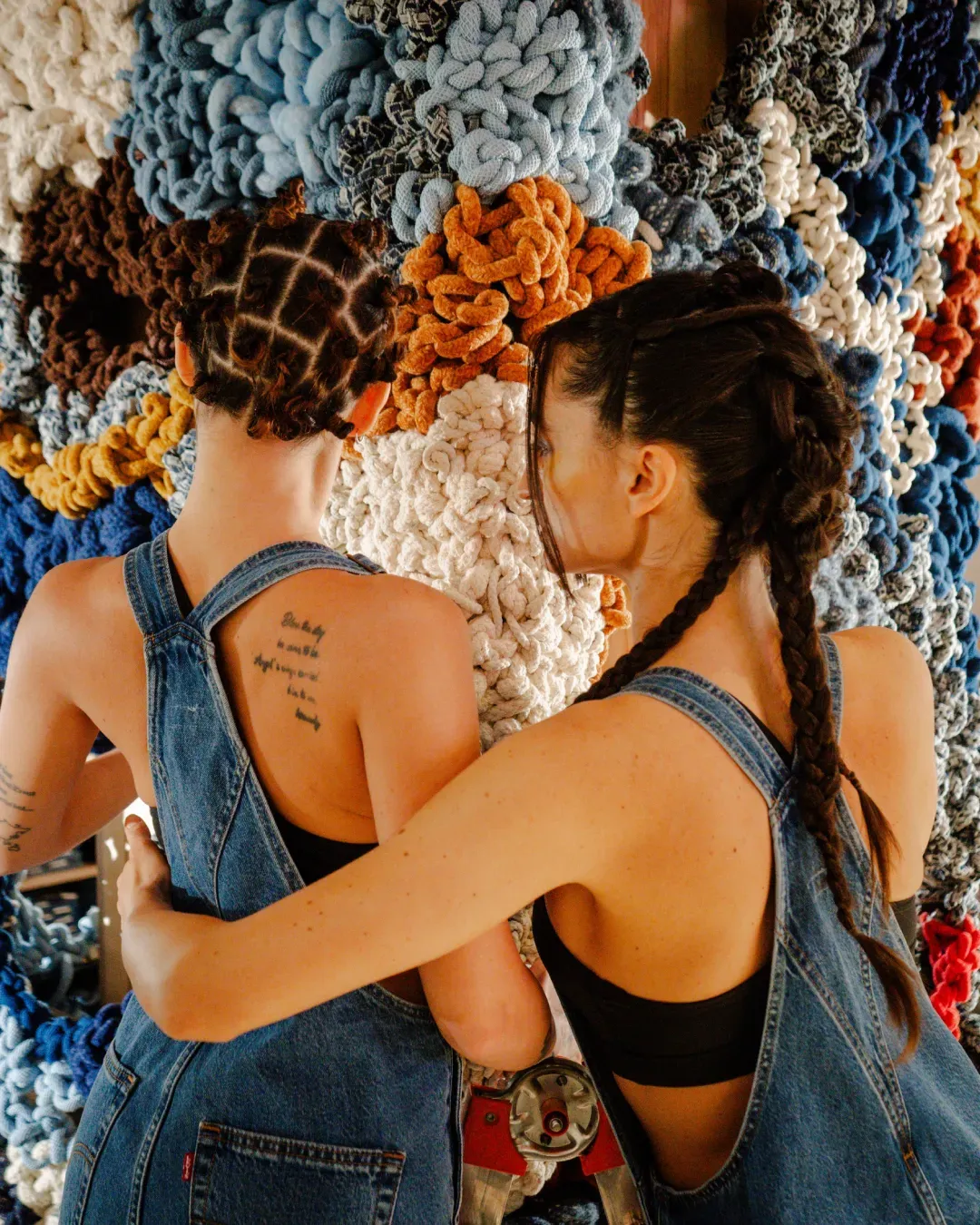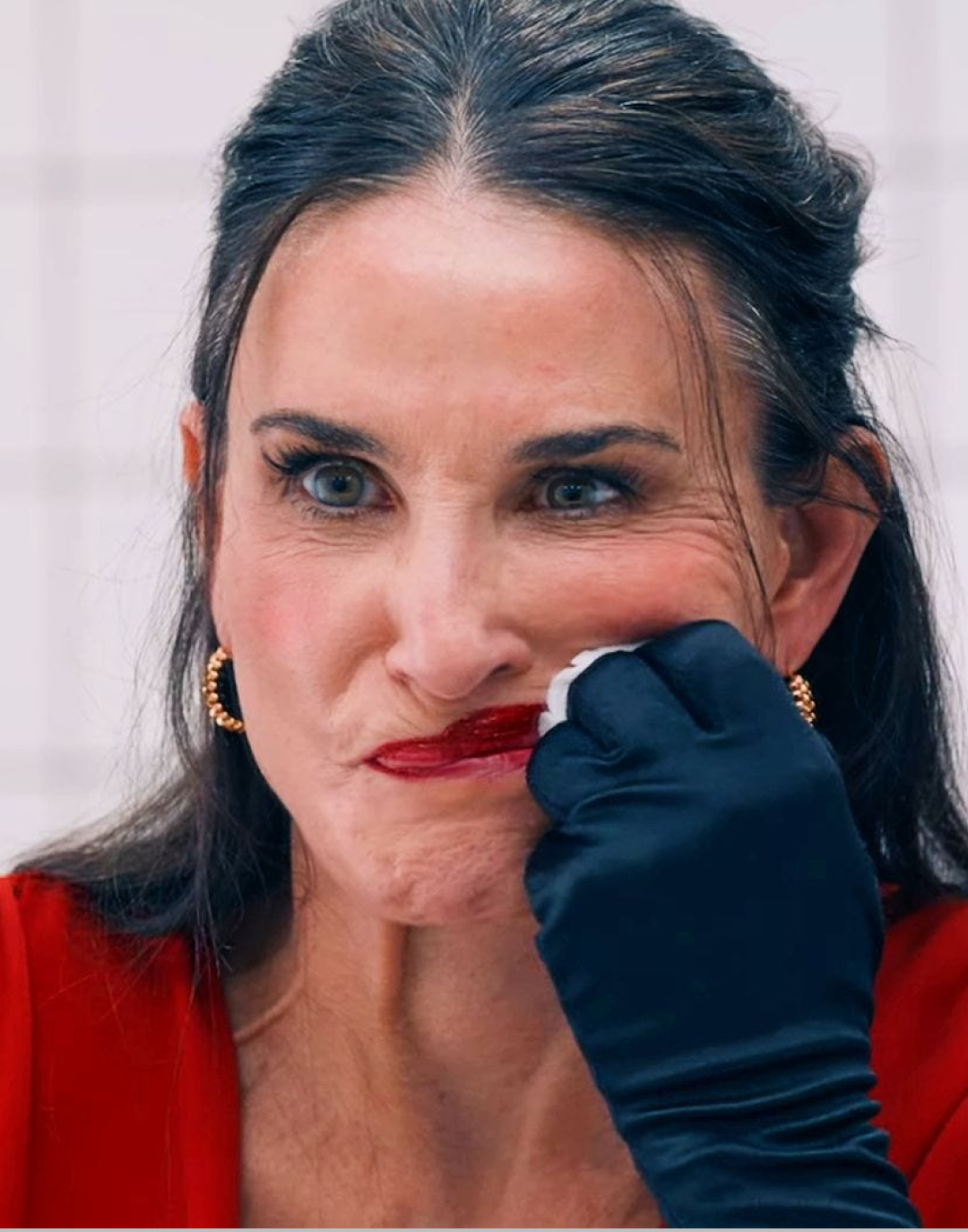
How is fashion reacting to Coronavirus? Everything that the industry is doing to face the crisis
Milan stopped again. After the reopening of the bars two weeks ago and the enthusiasm shown by Mayor Sala, the situation has worsened, leading to stricter national measures that include the closure of bars and restaurants after six o'clock in the evening and the complete stop at any cultural, civil or religious activity. The whole of Lombardia has become a red zone, therefore isolated, causing many problems to the textile, manufacturing and fashion sectors. Lombardy is in fact home to the headquarters of brands such as Prada, Armani, Bottega Veneta and Versace, as well as a production place chosen by international brands such as Off-White™, Supreme, Balenciaga and Dior and home to textile companies such as Limonta and NT Majocchi. To give an idea of the scale of the problem, The Business of Fashion has calculated that 60% of Italian textile production and clothing factories are located in the neo-red zone, as about 20% of jewellery and leather goods production without not even consider the thousands of shops, showrooms and the entire activity of small local brands whose supply chain is now blocked. Here's how Luca Solca, an analyst at Bernstein Research, explained the situation:
“Authorities struggle between the need to contain the epidemic on the one hand, and maintain business operations in an area that represents more than one third of national GDP on the other hand”.
The great personalities of Italian fashion, however, who in the majority are based in Milan, have dealt constructively with the emergency: the Armani Group has donated 1,250,000 euros to the hospitals Luigi Sacco, San Raffaele, to the Institute of Tumors of Milan and Spallanzani in Rome; Chiara Ferragni and Fedez launched a Gofundme campaign donating 100,000 euros and raising awareness of the topic and Dolce & Gabbana and Bulgari also made donations for medical research, respectively at Humanitas University and Spallanzani Hospital. Internationally, the large groups LMVH, Kering and Richemont have donated about 4,700,000 dollars to the Chinese Red Cross to help contain the health emergency. These big companies are the first interested in seeing the crisis end, as the COVID-19 emergency has already cancelled the entire Cruise season along with the entire calendar of trade fairs that were to be held in the spring, caused a loss in terms of Sales of between 30 and 40 billion euros and brought down to varying degrees the value of the shares on the market: those of LMVH fell by 4.1%, those of Kering by 4.5%, those of Moncler and Burberry group by 5.8% and 4.1% respectively, while Capri Holding 5.1%.
In any case, there is little to do in the face of a natural disaster other than trying to resist. The President of the National Chamber of Fashion Italy, Carlo Capasa, called the measures taken by the government necessary and pointed to a model of China, in which the application of very strict containment measures led to an improvement in the situation and an improvement in the situation and a decrease in infections. The Chamber of Fashion is also working with the authorities to implement measures to help the sectors most in difficulty, especially with regard to taxation and the payment of funding, while the long wave of funding is to be expected. this emergency causes severe delays in distribution next autumn. For a gradual return to normality it will probably be necessary to wait until the third quarter of 2020 while on the territory if all the measures put in place by the government will be effective and will not be necessary to implement belts or checkpoints, a stabilization is scheduled for mid-April.


























































